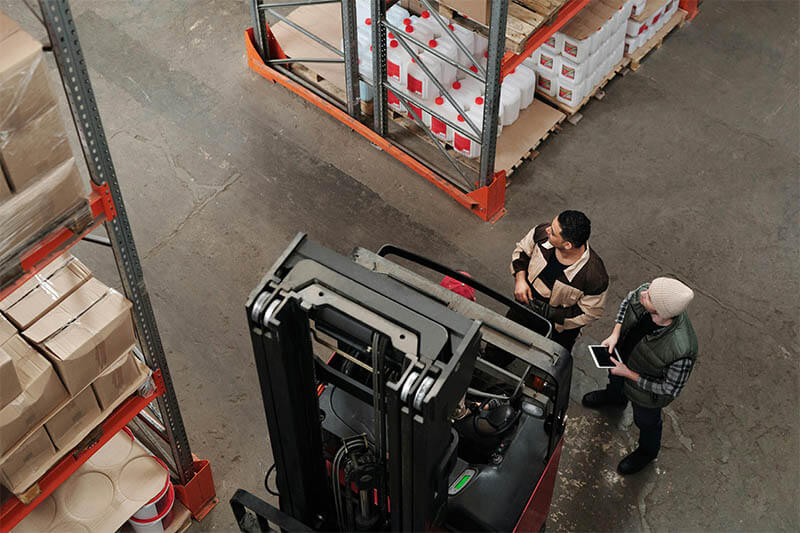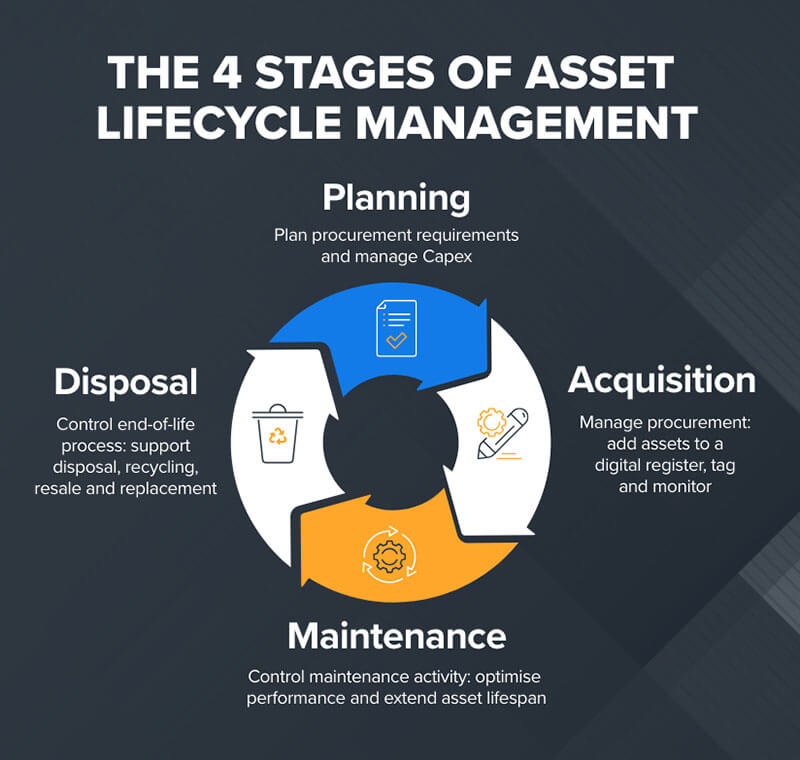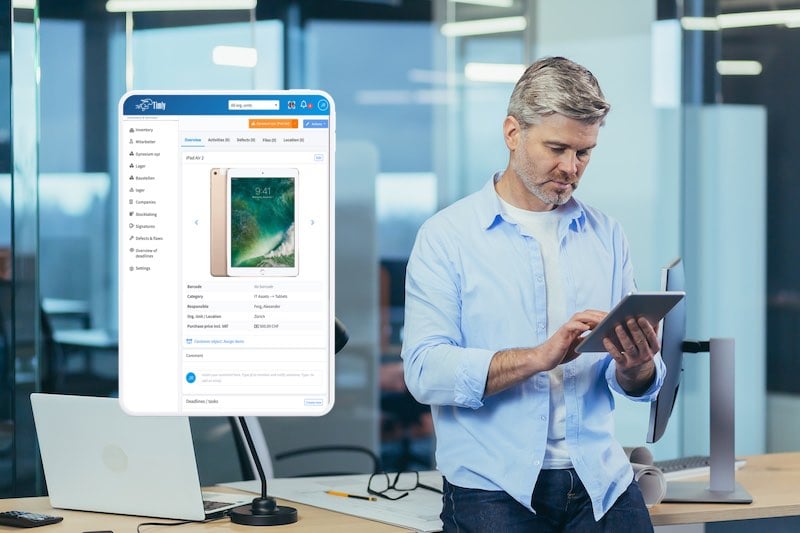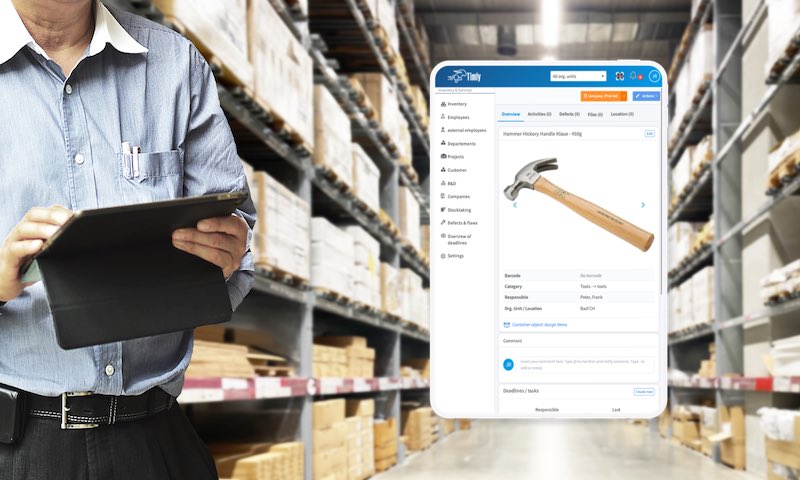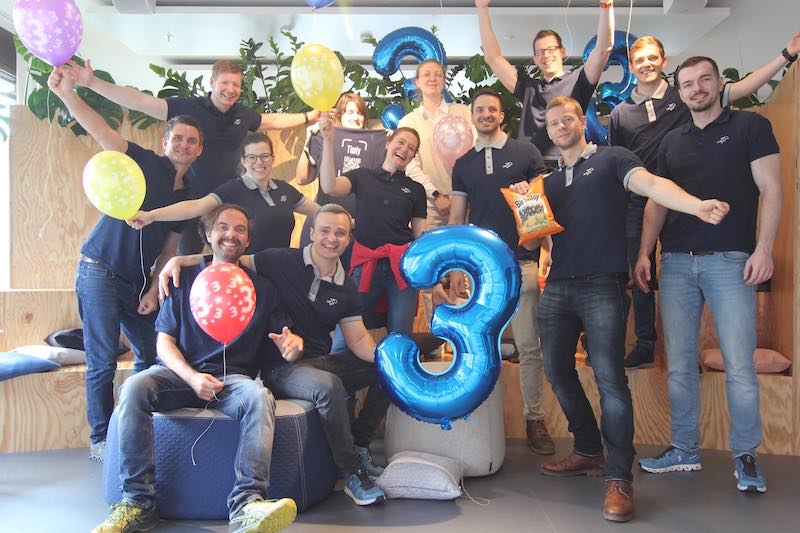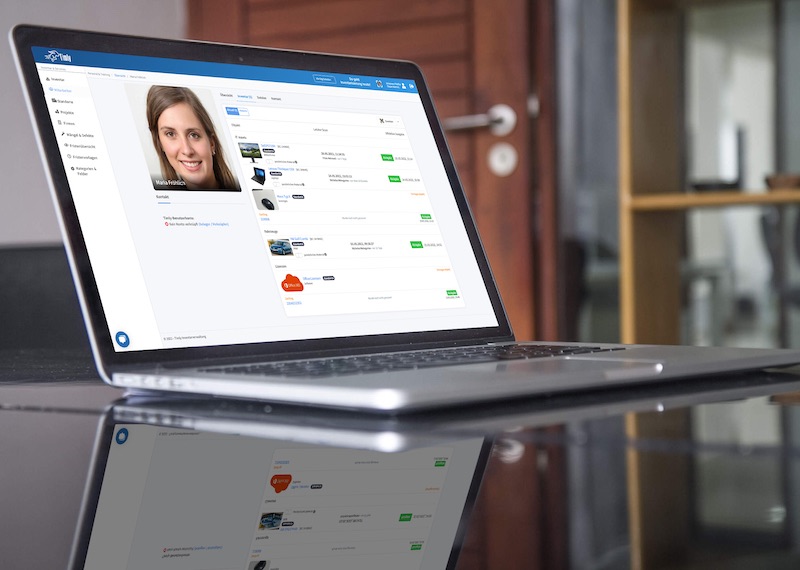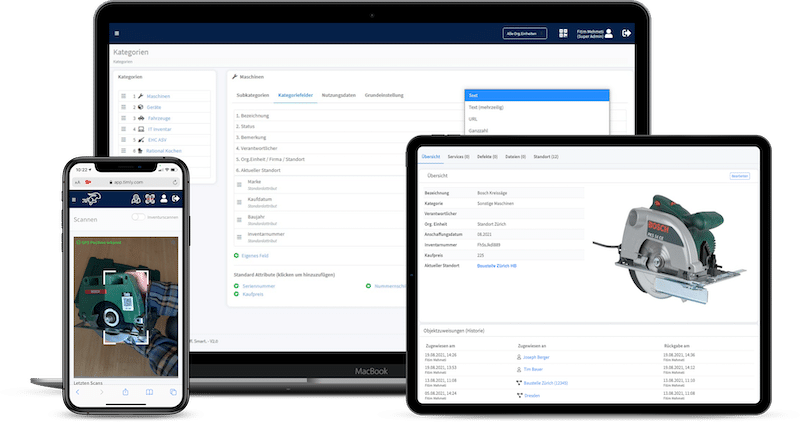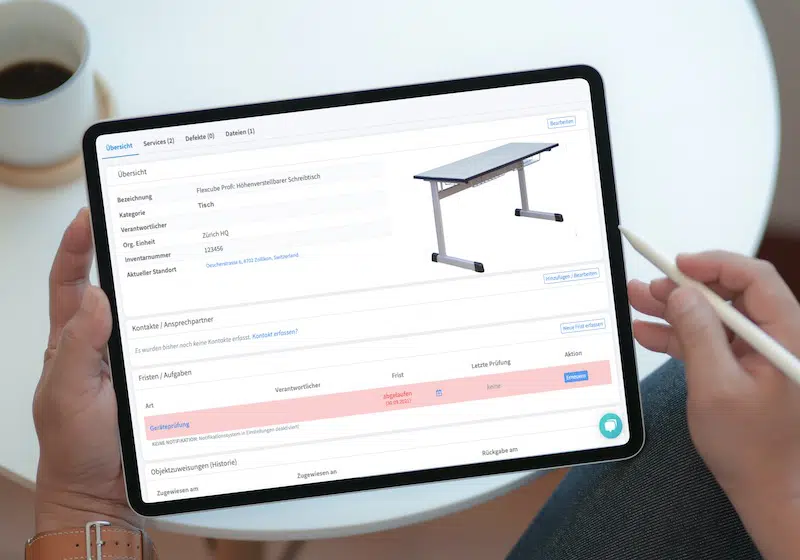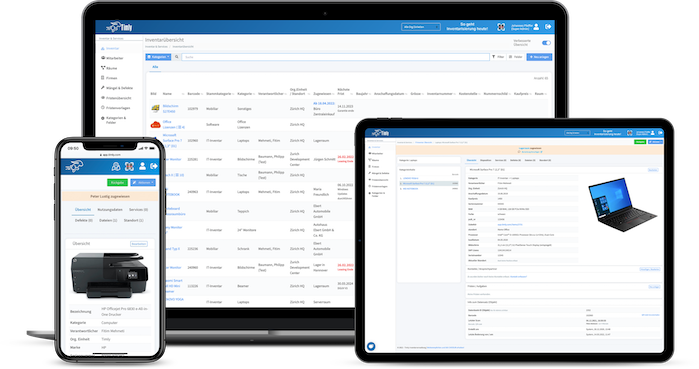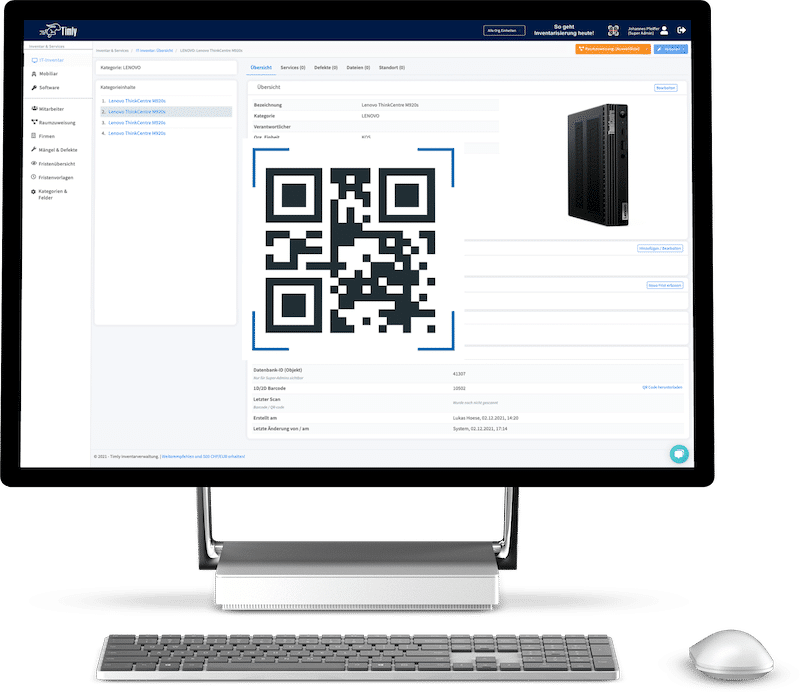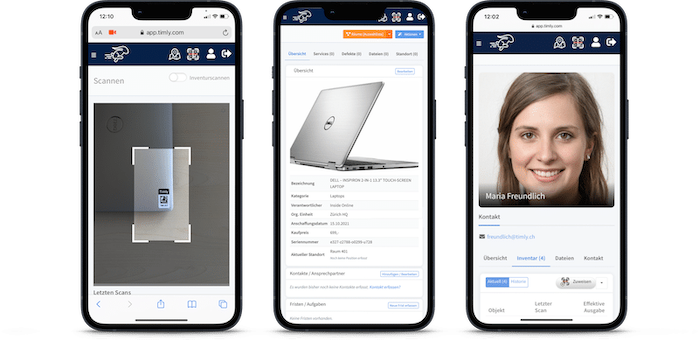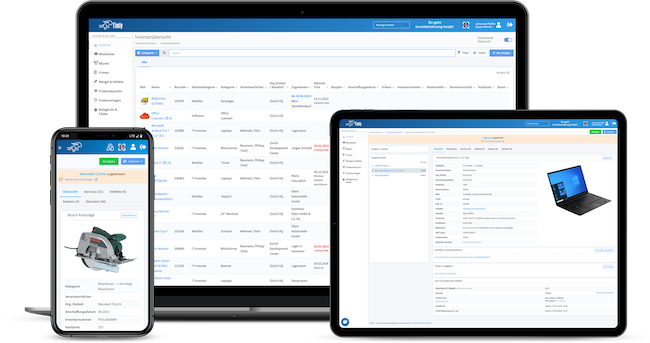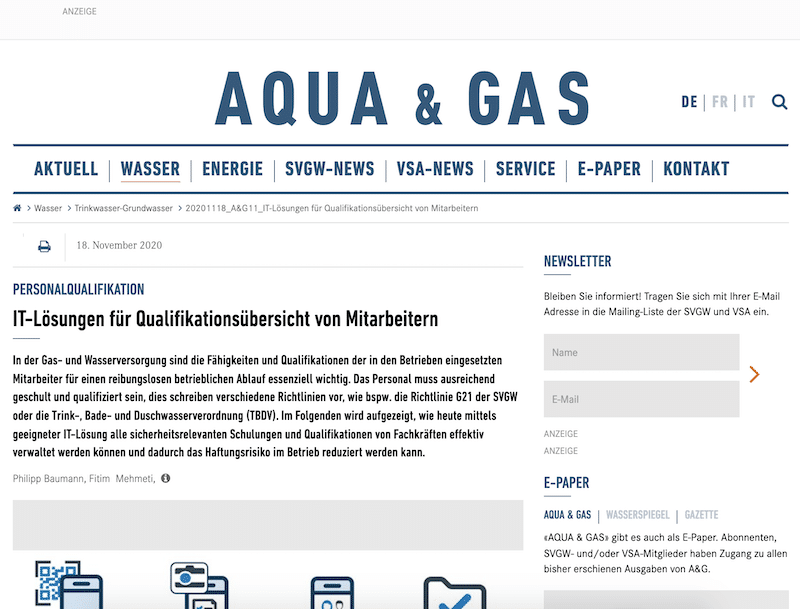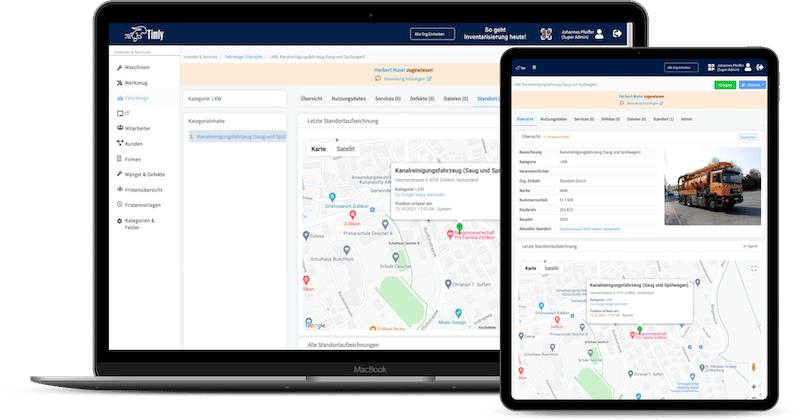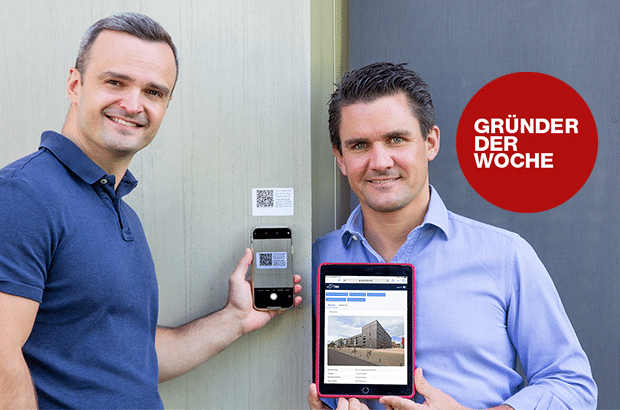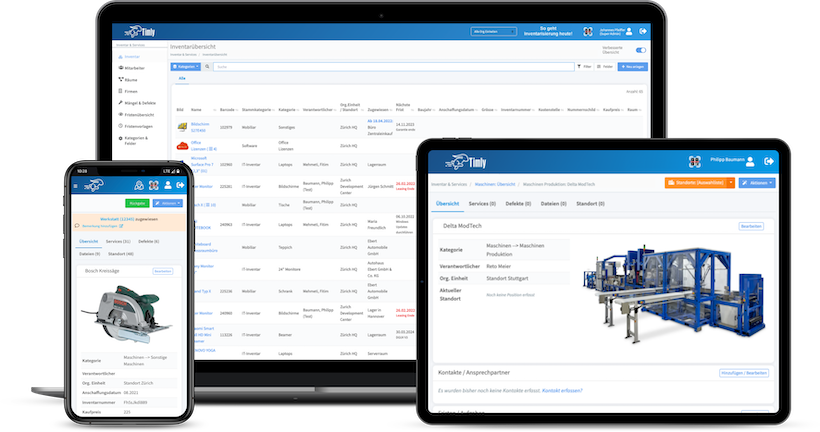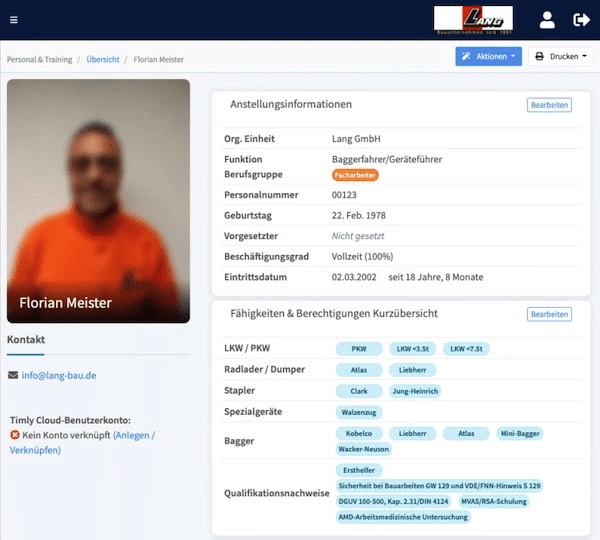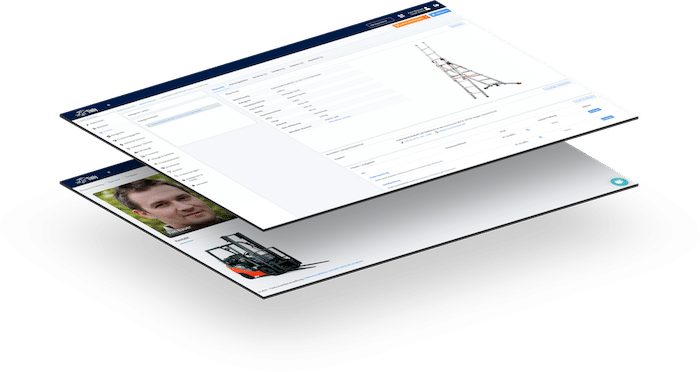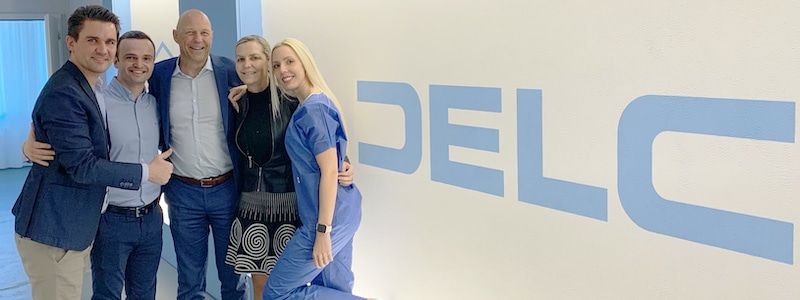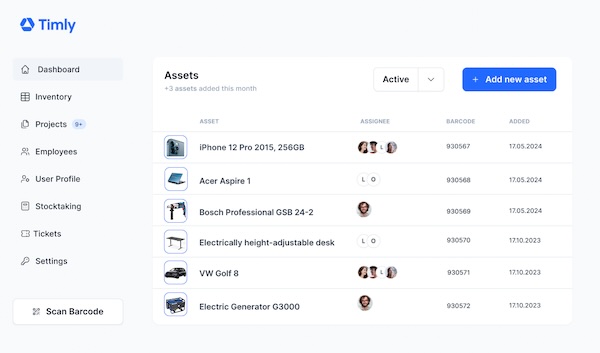CSR: Timly, Asset Tracking Software to Support Corporate Social Responsibility
Corporate Social Responsibility – or CSR for short – is a key focus in today’s business discussions. Amidst a wealth of information and necessary actions,he push for a more sustainable world is unmistakable. What was once a desirable addition to business practices has now become a necessity. But the question remains, where to begin?
This article offers an overview and actionable strategies for implementing and improving CSR practices within your organization.
(No credit card required)
CSR: A Powerful Draw for Businesses
CSR holds significant implications for every business and organization and should be integrated into their core values. Jérôme Verdiell, CEO of abCSR, strongly supports this notion, stating: “At its heart, CSR is about the competitiveness of a business.” He is clear about its crucial importance and the inevitability of its adoption across the business world: “When will companies broadly embrace CSR? It’s a matter of necessity, not choice.”
CSR is guided by standards set by the International Organization for Standardization: ISO 26000. These standards serve as a guiding beacon in the realm of CSR, outlining seven core subjects and issues pertaining to social responsibility and thus and thus of crucial importance for any CSR strategy:
Community Involvement and Development
Human Rights
The Environment
The environment is at the heart of CSR initiatives. Sustainable environmental practices must become an integral part of a company’s everyday operations. This includes developing strategies to reduce carbon emissions, waste, and excess usage, and adopting more mindful and efficient approaches to using material resources.
Organizational Governance
This area deals with the inner workings of business management. It asks key questions: Is the leadership transparent and fair? Are different stakeholders involved in making decisions? The goal here is to make sure that power is spread out and directed in the right way, ensuring that the company’s governance is not only fair but also straightforward in its approach to CSR.
Fair Operating Practices
This aspect of CSR encourages companies to engage in ethical processes, particularly in their commercial operations. It also calls for compliance with legal frameworks, both in the context of CSR and in a broader sense. Transparency is crucial here, especially regarding financial dealings. In essence, this CSR pillar urges businesses to pursue the healthiest and fairest practices possible.
Consumer Issues
The consumer is central to any business. This pillar emphasizes the need for companies to prioritize consumer safety and satisfaction by providing high-quality, ethical products and/or services. Transparency is also key: products and services should offer clear and precise information about their identity, including origin and manufacturing details. Respecting consumers and their rights is paramount; data protection is non-negotiable.
Labor Practices
The area of Workplace Relations and Conditions encompasses the broad spectrum of professional well-being: from ensuring health and safety at work to promoting inclusion and fostering social dialogue. The aim is to ensure that the workplace, whether in the office or remote, is safe, respectful, and equitable for everyone.
Timly: When Asset Tracking Meets CSR
Conscious and informed asset tracking management plays a significant role in a more committed CSR approach. And this is where an asset management software becomes crucial.
Timly is an integrated platform for managing inventory. But what does this mean in practical terms?
In Timly, organizations manage their assets and inventory (like computers, tools, vehicles, furniture) using features that help them track and optimize the lifecycle of these resources.
It’s a comprehensive platform that enables businesses to have complete control over their resources, optimizing their performance and lifecycle.
Over 600 Companies, Schools and Cities Rely on Timly
(No credit card required)
CSR and Asset Tracking: What are the Key Consideration?
When it comes to asset management and CSR, there are a number of best practices to follow.
Maintain a comprehensive overview of all your business assets.
Stay on top of maintenance needs and schedules.
Track and monitor the performance of business resources.
Monitoring and evaluate the use of resources.
Tracking the deployment of resources across the organization.
Harness the power of technology, such as asset tracking software.
(No credit card required)
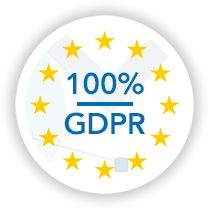

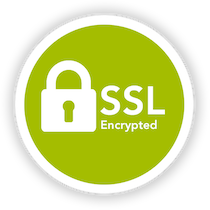
4 Key Principles At the Heart of Sustainable Asset Tracking
Reduce
We need to think on a global scale: the goal is to fine-tune our consumption and production to minimize waste and our carbon footprint. This means carefully overseeing the lifecycle of our equipment, from the point of purchase to its eventual disposal.
Recycle
Sustainability inherently involves recycling. Companies have a significant role to play, whether they generate waste or deal with it, regardless of their size. Recycling must become second nature in our pursuit of a more sustainable future.
Repair
Reuse
Nothing is wasted – everything is transformed and reused. This idea from the circular economy involves giving new life to what already exists. From materials to equipment, everything has potential to be transformed and reused. Promoting longer lifecycles is more logical, economical, and sustainable than disposing of things. In the end, investing in equipment reuse contributes more positively to our ecosystem.
CSR Approach: Advice from Jérôme Verdiell

Jérôme Verdiell is the CEO of abCSR, an impact-driven startup that offers small and medium-sized enterprises the tools to assess their CSR performance using indicators and non-financial ratings. As an expert in the field of Corporate Social Responsibility, he shares his insights with Timly.
✍🏼 What businesses need today is to commit. Over the coming years we will indeed see a big increase in commitment to CSR. However, whilst today we ask for commitment, in a few years, we will ask for more: performance.
“In CSR, we cannot improve if we do not measure at least what we are doing and where we want to go.”
Tip 1
Move from declarations to demonstrable results. The era of believing in mere “I commit to” statements is over. It’s vital to showcase tangible results and the value they bring, like achieving gender equality in the company or illustrating the societal impact, such as how taxes paid have contributed to funding social housing. Communication that emphasizes actual outcomes and impact achieves greater understanding and trust, making it more likely to be believed and shared.
Tip 2
CSR is now a competitive business advantage. CSR isn’t just a moral imperative – it’s a key factor in business competitiveness. The influence of CSR on business is already evident and is set to grow and intensify in the coming years. If your business loses out on valuable contracts due to inadequate CSR performance, failing to meet tendering requirements, it’s a stark demonstration of how CSR can directly affect your business’s success.
Tip 3
Define your own CSR indicators, aligning them with the standards outlined by ISO 26000. For some organizations, particularly smaller ones, it may not be feasible to address all aspects simultaneously. Therefore, focusing on one area initially, like environmental initiatives or fair practices, may be best. Once progress is made, you can then move on to the next CSR priority.
Tip 4
The growing appeal of CSR in the modern workplace. The importance of CSR to future employees should not be underestimated. Notions such as pay equality, meaningful work, and the conduct and impact of a company, are increasingly significant to job-seekers. The HR dimension of CSR is often undervalued, yet it’s a crucial part of employer attractiveness.
Tip 5
Maximizing funding and investment. Investing in CSR is literally increasingly paying off as more funding and investment opportunities are tied to a company’s CSR commitments and efforts. This shift means that companies are not only expected to engage in CSR activities but also to demonstrate their impact as business practices are now a key criterion for financial support and investment.
Awareness-raising
Putting the issue on the table.
The first step is to create real awareness. CSR must be seen as an integral part of the company’s strategy.
Assessment
Assessment is the second key stage in the CSR process. It’s advisable to seek guidance from both internal and external experts and consultants
Action
Making a commitment.
Using the information collected during the CSR assessment, define performance indicators specifically for your company.
Asset Tracking and CSR: They Have Chosen Timly
With Timly, we have successfully implemented a structure for managing our machines and equipment. Thanks to a clear interface, all relevant information and photos are available, allowing us to create detailed plans. Moving existing machines, integrating new machines, and managing waste are extremely straightforward. The collaboration and support of our employees make things very easy! Thank you for that.
Through the deadline schedules, we have established a very efficient structure that allows us to group a set of devices together. This enables us to save resources and costs while also gaining in quality.
With Timly, we have been able to consolidate information that was previously collected in 3 different systems. And who knows how many Excel spreadsheets… Now, the number of people who can access the information they need at any time, from anywhere they have internet access, is significantly higher than before. And they all have access to the one single source of truth (Timly). We have much greater transparency in our asset management and can prevent errors based on outdated or unavailable data. That is the biggest impact.
Timly in the News
Read recent articles from around the web citing Timly as one of the leading Asset Tracking Solutions in Europe and beyond.
wegmans.co.uk
“Comprehensive systems, as offered by leading Asset Tracking provider Timly, allow businesses to streamline their operations across the board”.
easyengineering.eu
“Timly, a leading provider of cloud-based asset tracking solutions, offers a highly customisable and flexible inventory management solution”.
techbuzzireland.com
“Timly, a leading Zurich-based provider of cloud-based tracking solutions and their 360° digital inventory app empower companies to seamlessly manage assets.”
White Paper: Corporate Social Responsibility – Opportunities in Asset Tracking for CSR Compliance and Public Engagement
Are you curious about the connection between Corporate Social Responsibility (CSR) and asset management? Interested in discovering keys to implementing a more sustainable, conscious, and profitable inventory management strategy? Our white paper, “Corporate Social Responsibility – Opportunities in Asset Tracking for CSR Compliance and Public Engagement” is your go-to guide.
Packed with insights and practical tips, this white paper will guide you toward asset tracking management that aligns with CSR principles and responsiblities. Don’t miss out on this free download.
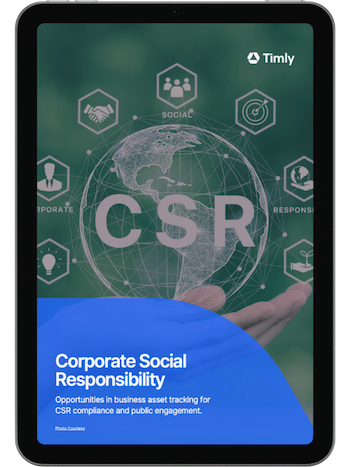
Recommended for you:
Book an online demo - free and without obligation - or create your free trial account directly.

















